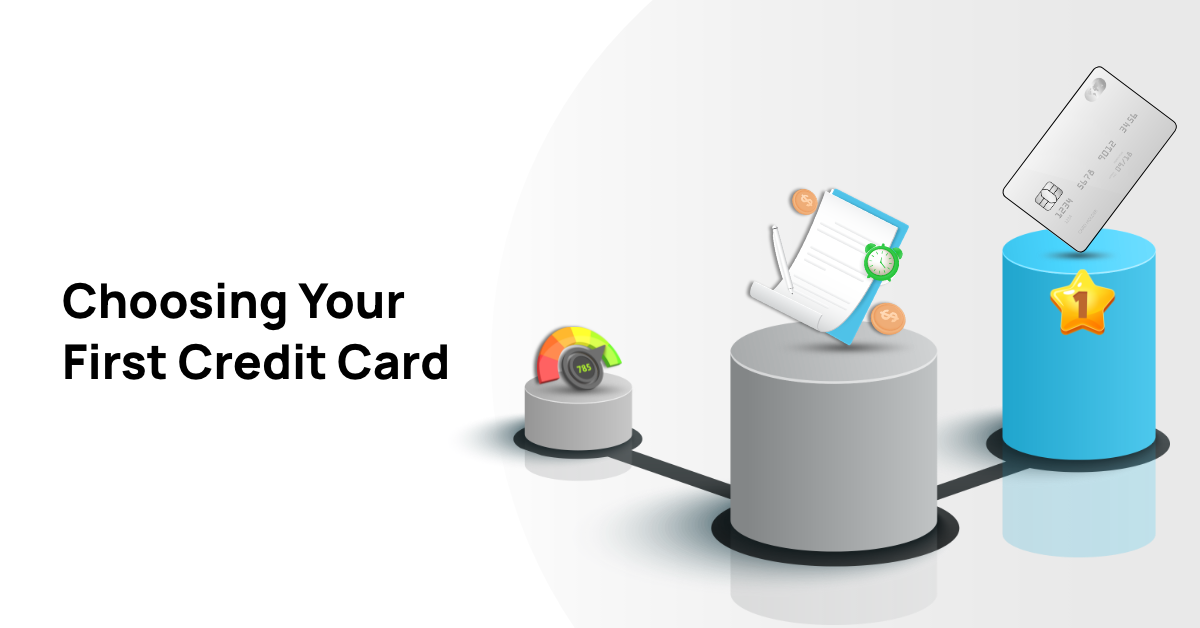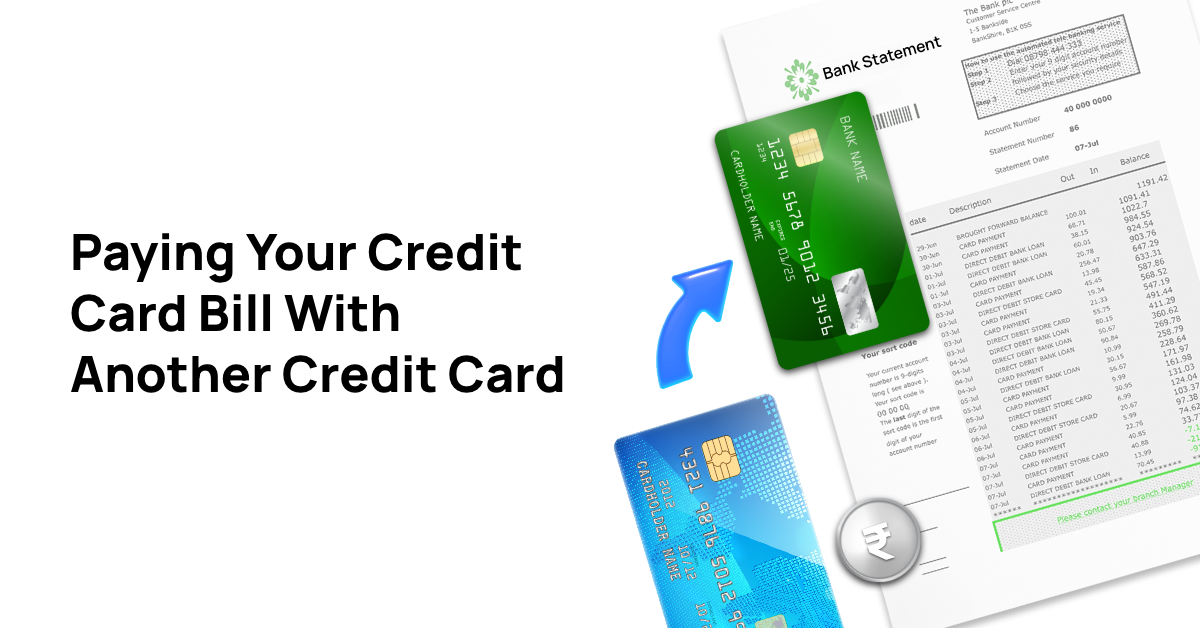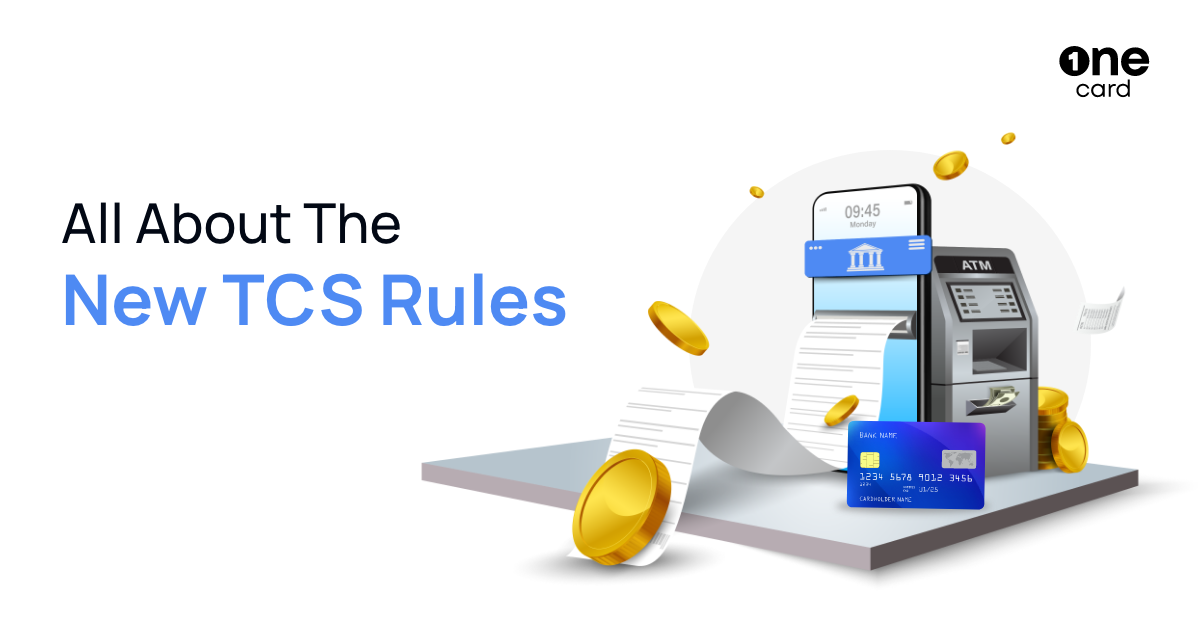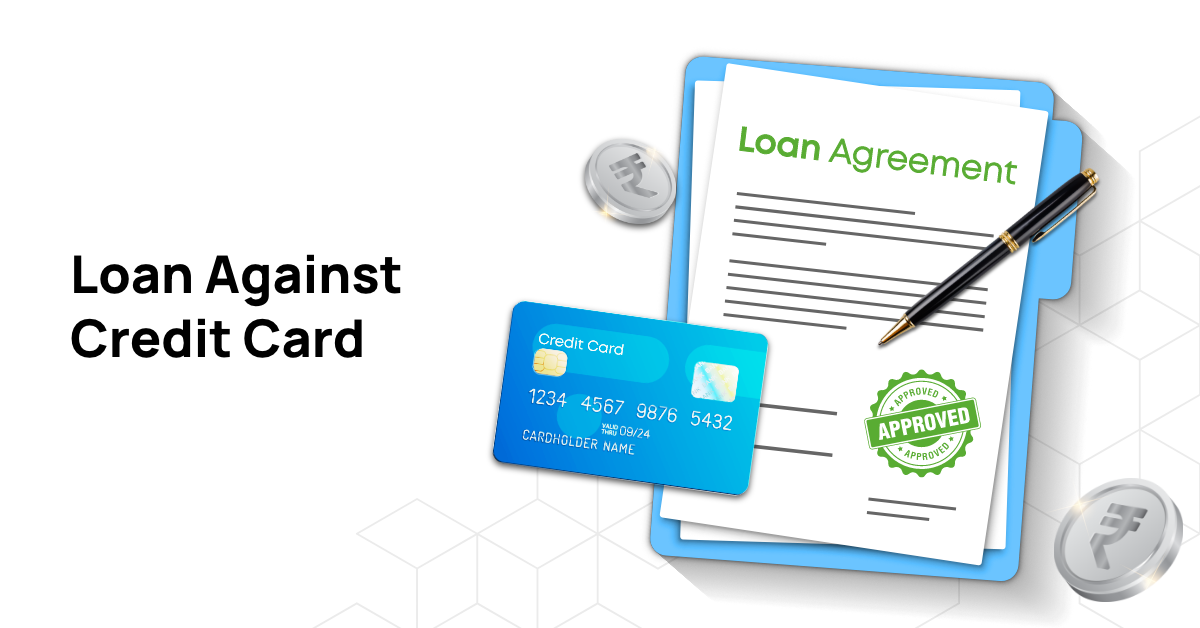First Credit Card: Things to Consider Before Applying
By OneCard | July 06, 2023

Although getting your first credit card can be exciting, the anxiety of using it for the first time can make the experience less enjoyable. One positive aspect is that it can help you build a better credit history, leading to improved credit opportunities in the future. However, because there are so many credit card options available out there, choosing the best credit cards for beginners may be difficult. Read this article to find out important things you need to know before applying for your first credit card, the do’s and don’ts, and tips on how to use your first credit card.
Table of contents:
5 Things to Consider Before Applying for Your First Credit Card
You can start building a credit history and qualifying for financial benefits and discounts by applying for and using your first credit card. It’s crucial to proceed cautiously and pick the correct credit card. If you are considering applying for your first credit card, keep the following tips in mind:
Check Credit Card Fees:
It is in your best interest to research the appropriate fees and interest rates before submitting a credit card application. You should search for a credit card without any joining and annual fees and one with low interest rates.
Check and Build Your Credit Score:
Checking your credit score before applying for a credit card is crucial. You can use the OneScore app to check your credit score for free and get regular updates to improve your credit profile.
Consider improving your score before applying for a credit card if your current credit score is low. Paying off existing loans, making on-time payments, and lowering credit utilisation are some ways you can do that.
Explore Credit Card Options:
Secured credit cards are suitable for people with little or no credit history. A security deposit is required to get one of these cards which serves as collateral for the issuer. Beginners can pick a card that doesn't require a substantial initial investment and has fair fees.
Make Use of the Interest-Free Credit Period:
Suppose a user purchases something with their credit card on the first day of the billing period they get almost a 50-day credit-free period to pay the card bill. Usually, credit card issuers have a billing cycle of 30 days, while the time to pay the bill is around two -three weeks.
During the interest-free credit period, if the credit card holder pays their balance in full by the due date, they will not be charged any interest on the purchases made during that period. However, if the balance is not paid in full, interest will be charged on the unpaid balance, and this interest will typically be calculated from the date of purchase.
Also Read: What is the Credit Card Billing Cycle and How Does It Work?

Pay the Minimum Due at the Very Least
If you can’t or don’t wish to pay the balance in its entirety, please pay the monthly minimum on your credit card balances to prevent any penalties or charges. However, it’s best to pay off the entire credit balance before the due date. Doing this lets you keep your credit score healthy and helps avoid late fees.
ALSO READ: What is Minimum Due in Credit Card?
Do’s And Don’ts To Follow As a First-Time Credit Card User
| Do's | Dont's |
|---|---|
| Do pay on time to avoid interest charges and late fees. | Don't make purchases you can't afford to pay off in full each month. |
| Do keep your credit utilization in check. | Don't max out your credit card, as it can negatively impact your credit score. |
| Do read and understand the terms and conditions of your credit card. | Don't apply for multiple credit cards at once, as it can hurt your credit score. |
| Do monitor your credit score regularly to keep track of your progress. | Don't miss payments, as it can hurt your credit score and result in late fees. |
| Do redeem rewards for things you need or want rather than frivolous purchases. | Don't use your credit card for cash advances, as they often come with high fees and interest rates. |
| Do use your credit card for small purchases to get comfortable with the process. | Don't share your credit card information with others. |
| Do make a budget and stick to it to avoid overspending. | Don't ignore credit card statements - review them each month for accuracy. |
| Do check your credit report for errors and fraudulent activity. | Don't use your credit card for impulse purchases; that is stick to your budget. |
How to Use Your First Credit Card?
Acquiring your first-time credit card is wonderful, but you must use it responsibly to avoid debt and worsening your credit score. Following are some recommendations to make the most of your first credit card.
Start small:
Use your credit card for small purchases, such as groceries or gas, to get comfortable with it before making bigger purchases.
Pay on time:
Making on-time credit card payments is crucial for establishing good credit and avoiding late fees and interest charges. Ensure you get all your payments by setting up reminders or automatic transfers.
Keep your balance low:
Aim to keep your availed balance below 30% of your credit limit to avoid hurting your credit score and accumulating high debt.
Don't max out your card:
Avoid using your credit card to its limit to keep your credit score high and your spending under control.
Read your statements:
Review your monthly credit card statements to ensure there are no errors.
Use your rewards wisely:
Many credit cards offer rewards such as cashback or reward points. Use them wisely by redeeming them for things you need or want rather than making frivolous purchases.
Getting your first credit card can be a great way to build credit, but it's essential to use it responsibly. By following these tips, you can ensure that the best credit cards for beginners are valuable tools for building your financial future. Also, don't forget to check out the do's and don'ts after getting your first- time credit card.

**Disclaimer: The information provided in this webpage does not, and is not intended to, constitute any kind of advice; instead, all the information available here is for general informational purposes only. FPL Technologies Private Limited and the author shall not be responsible for any direct/indirect/damages/loss incurred by the reader for making any decision based on the contents and information. Please consult your advisor before making any decision.



Sharing is caring 😉